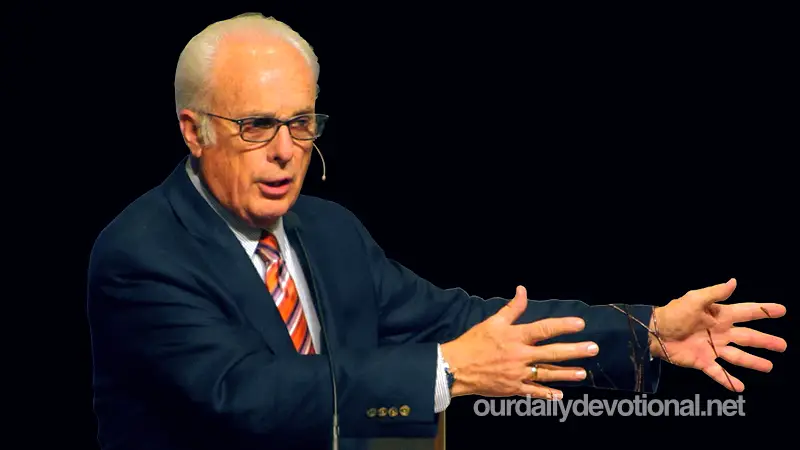From the Greek term "eklogê". It's used:
(a) of the Lord Jesus: «Behold my servant, I will uphold him; my chosen one (“bachir”), in whom my soul is content” (Is. 42:1; 1 Pet. 2:6). He was predestined to be a propitiation by faith in his blood (Rom. 3:25; 1 Pet. 1:20);
(b) of Cyrus, who was called by God to be his “shepherd” and do his will, saying to Jerusalem: “You will be built; and to the temple: You will be founded” (Is. 44:28; 45:1-4). It was Cyrus who freed the captives so that they could go to Jerusalem and rebuild the temple (Ezra 1:2, 3);
(c) when Jacob and Esau were born, Jacob was chosen for blessing, and his descendants as the only nation chosen by God for special favor with him (Rom. 9:11-13; Am. 3:2);
(d) When God restores Israel to His blessing, it will be a remnant that will be chosen, whom He calls His “elect” (Is. 65:9, 15, 22; Mt. 24:22, 24, 31 ; Rom. 11:8);
(e) of the elect angels (1 Tim. 5:21);
(f) of the election of persons to eternal life (Rom. 8:29, 30, 33; 11:5, 7; Col. 3:12; 1 Thes. 1:4; 2 Tim. 2:10; Tit. 1:1; 1 Pet. 1:2; 5:13; 2 Pet. 1:10; 2 Jn. 1, 13).
The reason many believers have difficulty with the doctrine of election to eternal life is because they fail to see the true meaning of man's fall, and his totally lost condition. If it were not for election and the irresistible grace that accompanies it, no one would be saved.
Christ died for all, and the gospel is proclaimed to all (Rom. 3:22; Heb. 2:9). However, the designs of the flesh are enmity against God (Rom. 8:7), and no one would answer (Lk. 14:18). No one can come to the Lord Jesus if the Father does not draw him to Himself (John 6:44). Those ordained to eternal life believe (Acts 13:48).
All the glory of salvation belongs to God.
However, it must be clear that the fact of the election of many to eternal life does not mean that others have been destined by God to perdition.
This is not taught in the Scriptures. God desires that “all” men be saved (1 Tim. 2:4). His election ensures that "many" will be. The passage from Rom has been widely used. 9:22-23 to defend the theory of double predestination.
However, it is overlooked that the verb “prepared” in verse 22 is in the original in the middle voice, meaning that the vessels of wrath prepared themselves for destruction. It is to the vessels of mercy that He has prepared beforehand for glory.
As for Rom. 9:18, "Whoever he wills, he has mercy, and whomever he wills, he hardens," nor can this verse be taken as supporting the idea of a double predestination.
Indeed, here we are dealing, on the one hand, with God's sovereign elective grace towards some (e.g., the extreme case of Saul of Tarsus, illustrative of all the others); On the other hand, those who are hardened are not hardened "to" perdition, but "in" perdition. They remain judicially hardened in an attitude of rebellion already assumed personally.
Finally, a passage that at first glance could be used to support the idea of a double election is that of Jacob and Esau: "Jacob I loved, but Esau I hated" (Rom. 9:13; cf. Mal. 1:2 -3). Here, at first glance, it seems to be stating that before they were born, God already loved Jacob and hated Esau.
However, while the former is certainly the case, it is not what is at issue here. This statement is here given as a final corollary to the chain showing Jacob's election into grace.
The statement “I hated Esau” is not connected to “they were not yet born” (Rom. 9:11), but is the historical development that led to Jacob's election and Esau's hateful response to a loss of blessing. in which he had had a direct responsibility, due to his contempt for birthright.
There are even those who consider that it does not refer to Esau personally, but to his descendants, after his national actions had become evident (cp. Abd. 10; Ez. 35).
Meaning of CHOICE
(a) of the Lord Jesus: «Behold my servant, I will uphold him; my chosen one (“bachir”), in whom my soul is content” (Is. 42:1; 1 Pet. 2:6).







